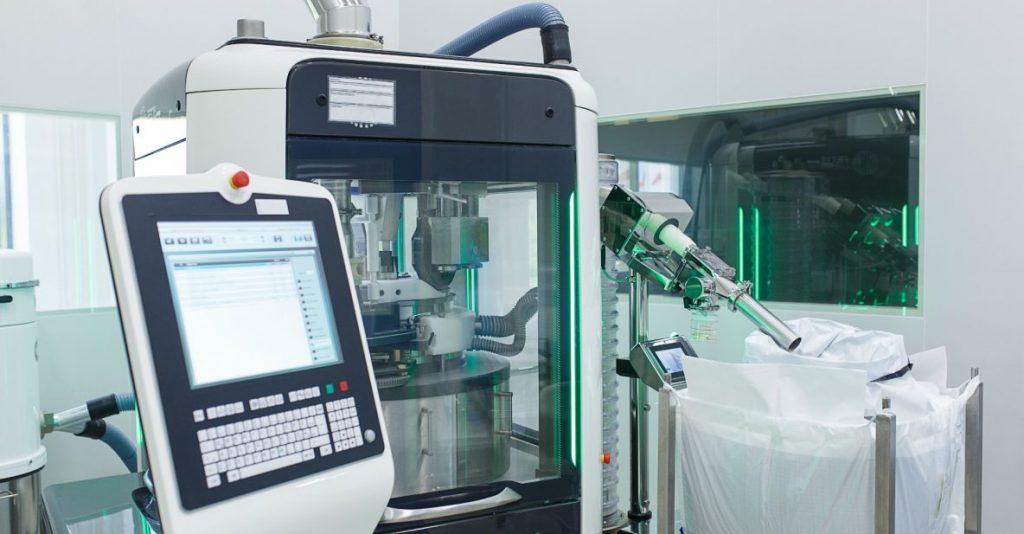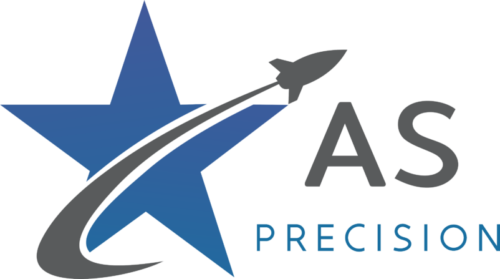
Precision machining has a huge array of benefits and has transformed the approach of many industries, including manufacturing, automation, robotics and the aeronautical industry. But one of the most important industries that precision machining benefits is the medical industry.
Many of the medical advances we enjoy today would not be possible without the innovations and progress of precision machining. Here we look at how precision engineering has an impact on the current and future state of medical progress.
Machining Meets the Tightest Tolerances
The medical industry is one place where you need safety, precision and accuracy above all else. Precision machining helps to create the exact dimensions for surgical tools that fit the surgeon’s hands for a more accurate result.
Machining is also used to create the complex parts for lasers or robotics that are used to achieve surgeries that were impossible just a few years ago. Access to machining will help to create even more discoveries and innovations that will lead to medical advances. These tools require extremely small and precise parts and tips to function – parts that only CNC and EDM machining tools can create.
Because these tools are used for the finest surgery – even for blood vessels or brain surgery – even the smallest deviation could be disastrous. Machining creates precise, fine and accurate tools that are completely reliable and safe.
Effective With Variety and Quality of Materials
Materials for use in medical settings need to meet strict standards for durability, safety, non-reactiveness with the human body and ability to be sterilized. For example, joint replacements are often created from medical stainless steel or titanium for incomparable strength, resilience and function.
Precision machining allows these materials to be skillfully transformed into the complex and detailed shapes and sizes need for specific medical applications. Many of these pieces are implanted permanently into people, and therefore need to meet tight tolerances and have incredibly smooth surfaces to eliminate burrs or striations.
EDM and CNC precision machining are ideal for machining these precise and smooth parts, from even the hardest materials. These machining techniques ensure that every part is identical and fits together perfectly for optimum function.
Miniaturization for Comfort and Safety
 Insulin pumps, heart monitors and defibrillators are medical implants that transform and save lives every day. However, their design was once too large and cumbersome to allow people to function normally.
Insulin pumps, heart monitors and defibrillators are medical implants that transform and save lives every day. However, their design was once too large and cumbersome to allow people to function normally.
Thanks to precision machining these designs have now been miniaturized with smaller and more precise components, including the casing and cables. These implants can now be placed inside the body, allowing those who have these implants to live a relatively normal life with the mobility and freedom to enjoy life.
Custom Devices for the Perfect Fit
Precision machining also allows certain medical devices to be custom designed for a more precise and personalized fit. This is particularly important for prosthetic devices such as artificial knees, artificial limbs and implants like defibrillators which need to fit and match a person’s needs exactly.
Precision machining is uniquely equipped to meet this need, as designing and creating such precise, custom parts is simple as well as cost effective with CNC machining. Designs are inputted to the computer controls, and parts can be quickly and accurately machined for small or larger runs.
Precision machining has already contributed so much to advances in the medical industry, and will continue to be an integral part of progress into the future. Talk to our professional engineers at Inverse Solutions today to learn more about how machining impacts the medical industry, and how it can benefit you too.
learn more: CNC Precision Parts Factory
